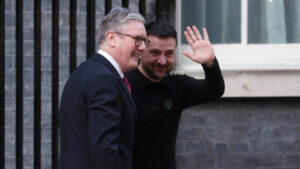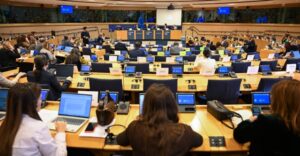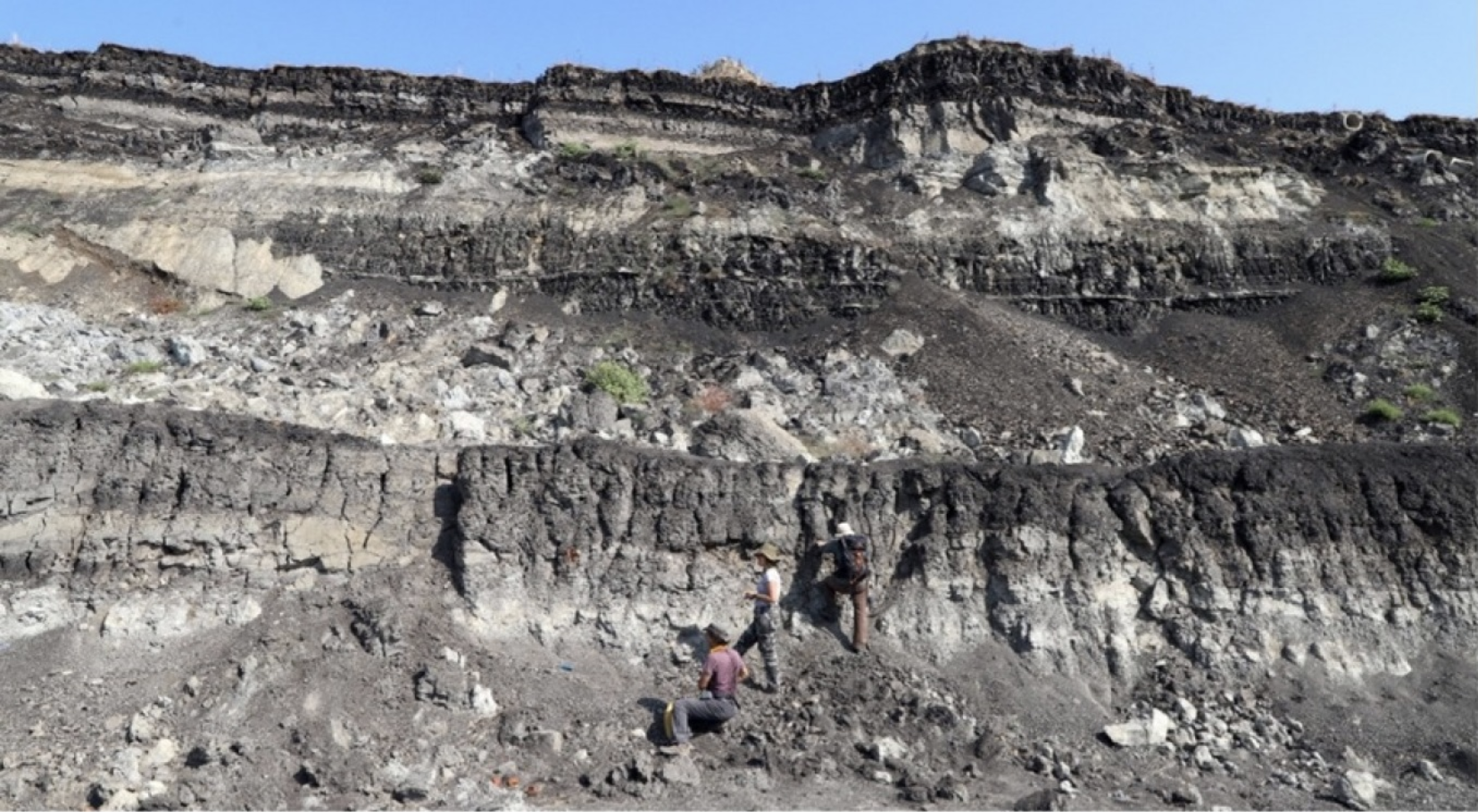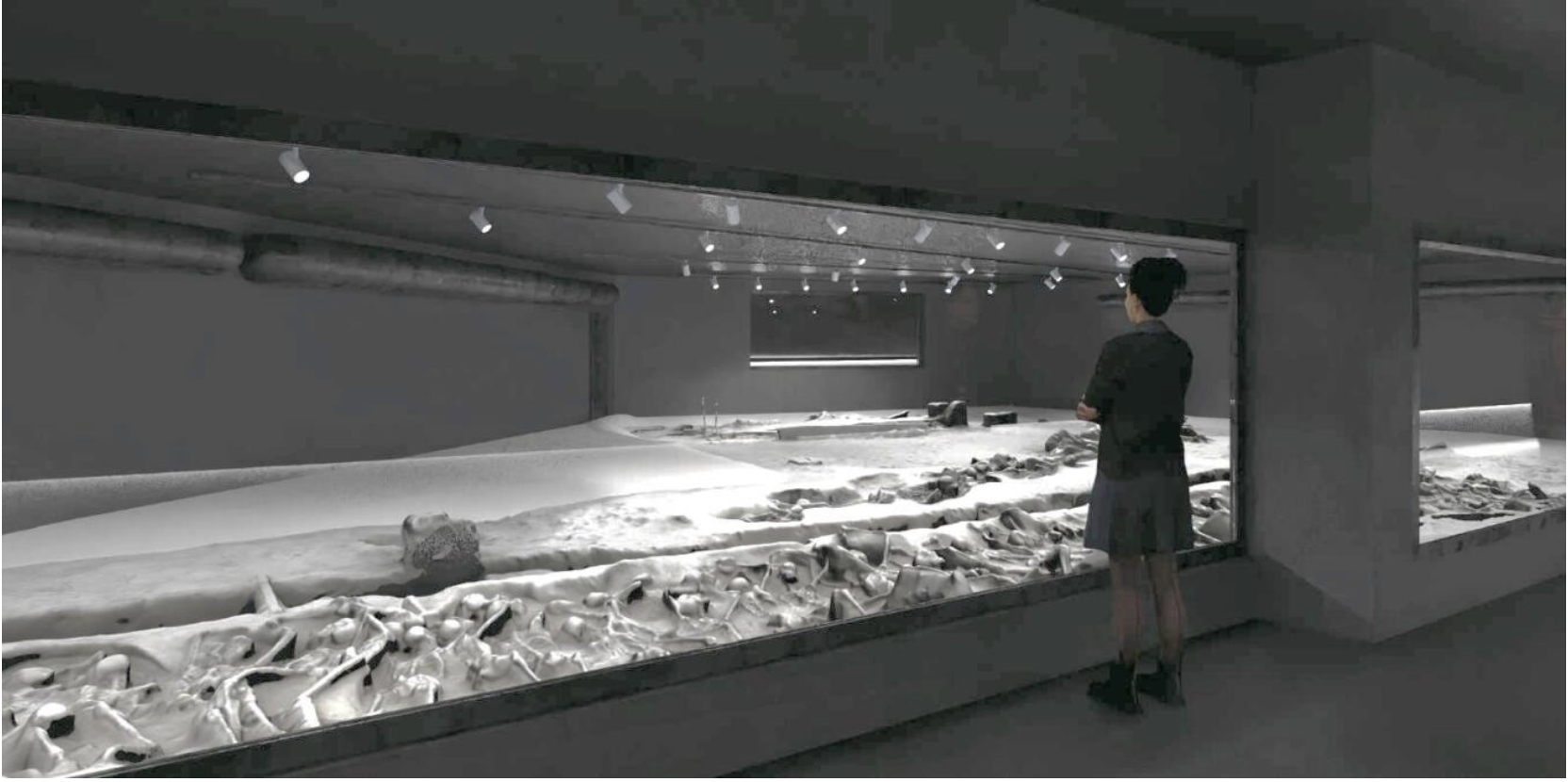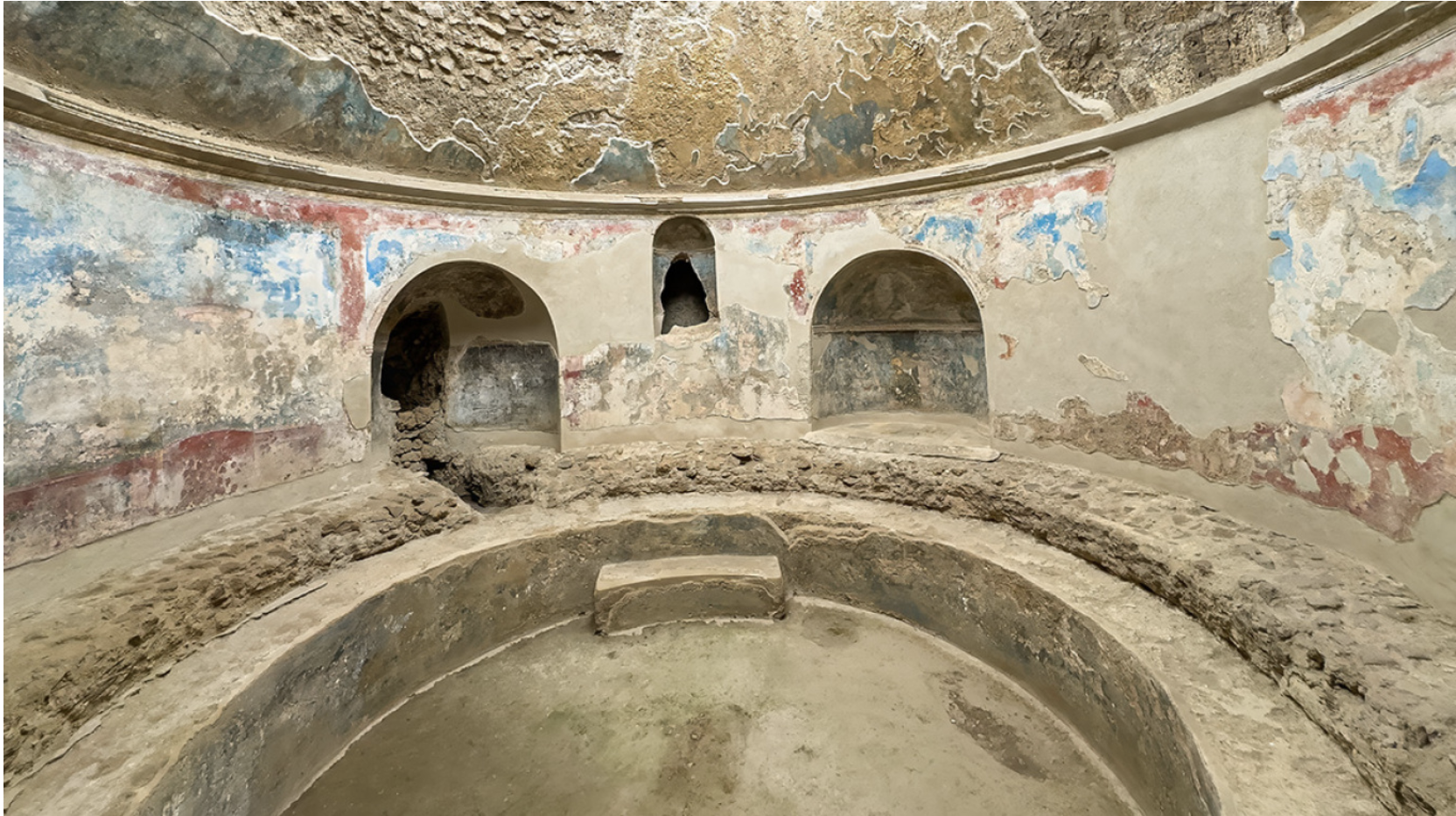About 15 allied leaders of Ukraine will meet today at London in a crucial session during which they will discuss Europe‘s new security guarantees in the face of fears of disengagement by Washington, which have been heightened following Friday’s clash between US President Donald Trump and his Ukrainian counterpart Volodymyr Zelensky.
The Ukrainian president, who was applauded by dozens of people gathered in front of Downing Street, had a warm conversation with British Prime Minister Kir Starmer, who assured him of Britain’s “absolute determination” to support Kiev against the Russian invasion.
London and Kiev then signed an agreement on a loan of €2.74 billion to support Ukraine’s defence capabilities, to be repaid through profits from frozen Russian assets.
“The money will be used for weapons production in Ukraine”, Zelensky said in a Telegram post in which he added that “he is grateful to the government and people of Britain.”
The Ukrainian president is due to meet with King Charles today and then take part in the security summit scheduled to start at 14:00 (local time, 16:00 GMT).
The summit will be attended by, among others, French President Emmanuel Macron, German Chancellor Olaf Scholz, the Prime Minister of Canada Justin Trudeau, the Prime Minister of Poland Donald Tusk, the Prime Minister of Italy Georgia Meloni, NATO Secretary General Mark Rutte and the presidents of the European Commission and the European Council Ursula von der Leyen and Antonio Costa.
An extraordinary European summit on Ukraine is also scheduled for March 6.
According to Downing Street, today’s summit will focus “on strengthening Ukraine’s position today, including continued military support (to the country) and increased economic pressure on Russia.”
Participants will also discuss “the need for Europe to assume its role in the defence sector,” in the face of the risk of lifting the US military and nuclear umbrella.
Ukraine and Europe are watching with concern Trump’s rapprochement with his Russian counterpart Vladimir Putin. The two leaders had a phone call on February 12, while Moscow and Washington began – without inviting the Europeans or Kiev – bilateral negotiations to end the war.
Those fears were reinforced after Trump and Zelensky had the confrontation on Friday in a live broadcast from the Oval Office.
“A new era of depravity has begun (…) in which we must more than ever defend the rules-based international order and the force of law against the law of the most powerful,” German Foreign Minister Analena Berbock reacted yesterday, Saturday.
She assessed that it was urgent for Germany and the EU to relax their fiscal rules in order to free up more funds to help Ukraine and strengthen its defense.
For his part, French President Emmanuel Macron said he was ready “to start discussions” on the possibility of Europe acquiring nuclear capabilities in the future, at the request of Germany’s future chancellor Friedrich Merz.
Merz has assessed that it is necessary for Europe to prepare “for the worst case scenario” of the US leaving NATO. He also wishes to discuss the possibility of extending the British and French nuclear umbrella to other European countries. France and Britain are the only two European countries with nuclear weapons.
Moreover, Macron held talks with Zelensky and Trump after their confrontation, as well as with Starmer, Antonio Costa and Mark Rutte to prepare for today’s summit.
NATO’s secretary general yesterday noted that he asked the Ukrainian president to “restore” his relationship with Trump.
Georgia Meloni also had a phone call with the U.S. president, according to her office, while Hungarian Prime Minister Viktor Orban called on the EU to open negotiations with Russia, threatening to block decisions at the March 6 summit.
Ask me anything
Explore related questions
